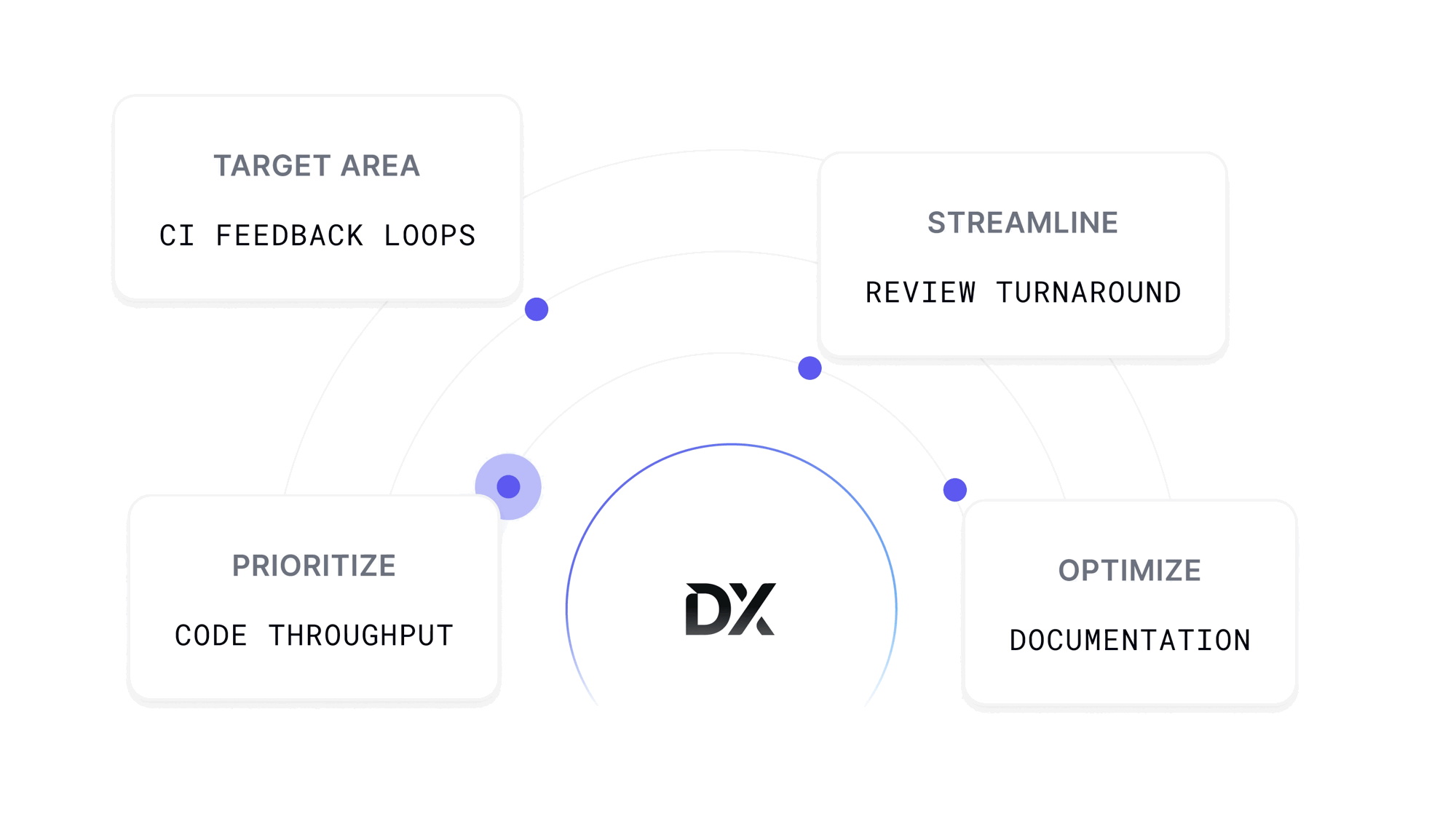Atlassian today announced it has signed a definitive agreement to acquire DX, a provider of an engineering intelligence platform for tracking developer productivity.
Currently used by more than 350 enterprises, the DX platform enables leaders of application development teams to more easily identify issues that hamper developer productivity such as, for example, a bottleneck in a process or the lack of a tool to automate a task.
Atlassian CTO Rajeev Rajan said that while DX has historically focused on larger enterprises the goal is to make a platform more broadly available across the Atlassian customer base by offering different levels of tiered pricing based on the capabilities an organization requires. Atlassian also views the engineering intelligence capabilities enabled by DX as a natural extension of Compass, an internal developer portal that Atlassian provides, added Rajan.
In general, improving developer productivity is one of the primary reasons organizations adopt platform engineering to manage DevOps workflows at scale. That issue is becoming even more pressing as more organizations adopt coding tools based on artificial intelligence (AI), noted Rajan. The overall volume of code is clearly increasing but organizations are not certain to what degree those tools are actually improving productivity versus simply generating more code faster, he added.
At its core, the DX platform is designed to engage developers about issues as code is being developed and, via surveys, after a project has been completed. Armed with those insights, the platform will then identify “hot spots” that platform engineering teams can focus on to improve developer productivity, said Rajan.
Rather than attempting to build a platform and associated dashboards to collect the developer productivity metrics needed to determine the impact AI is having, it makes more sense to rely on an engineering intelligence platform built from the ground up for that purpose, noted Rajan.
Mitch Ashley, vice president and practice lead for software lifecycle engineering for the Futurum Group, said the level of visibility across the software development lifecycle is now becoming increasingly expected as organizations look to improve developer productivity. Combining the developer-experience metrics collected via the DX platform with Compass and other Atlassian workflow tools provides IT leaders with a clearer picture of how teams build and ship software, he added.
It’s not clear how broadly organizations are adopting IDPs and engineering intelligence platforms to improve developer productivity. However, while IDPs provide a significant opportunity to enable developers to self-service their own requirements, bottlenecks are not going to be discovered unless there is also an ability to collect meaningful metrics. In fact, the primary reason that there are so many bottlenecks in DevOps workflows today is that most organizations lack any way to collect feedback from their application development teams.
Obviously, in the age of AI there is more pressure than ever to improve developer productivity. The issue, as always, is that the amount of code being generated is only one metric that should be tracked, especially when 70% of the effort required to build and deploy an application has nothing to do with actually writing code.

